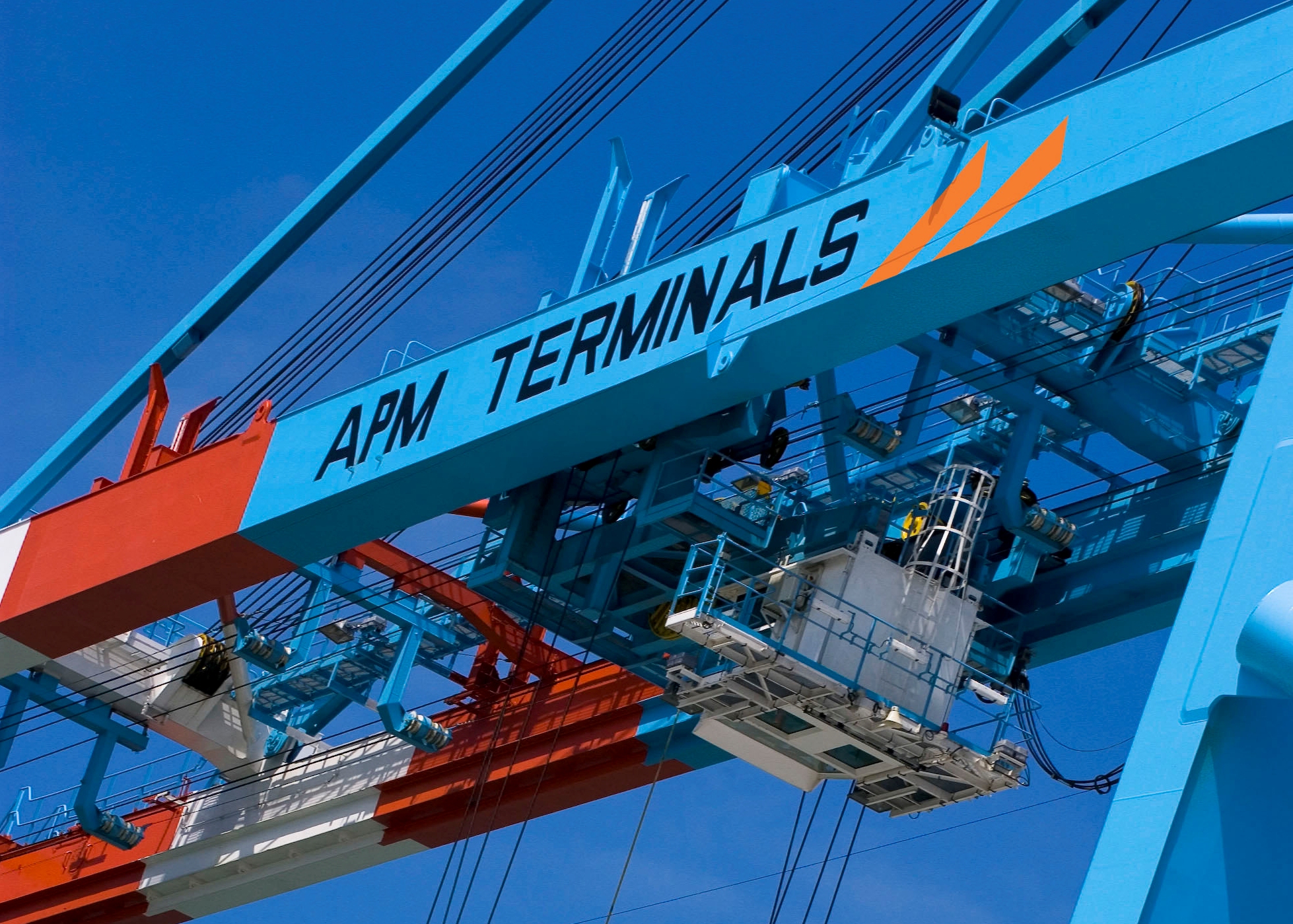Staff count at Nigeria’s busiest container terminal, APM Terminals Apapa is to be affected by the steep drop in import traffic as global oil prices have fallen by 50% over the past year, affecting government revenue and consumer demand.
The company, in a statement yesterday, said the effects of global price of oil falling from $114 per barrel in the summer of 2014 to less than $50 a barrel in October 2015, have rippled throughout the Nigerian economy, Africa’s largest, and are impacting staffing requirements at APM Terminals Apapa, Nigeria’s largest container handling facility.
“With cargo volumes down 30% compared with a year ago, and even after extensive cost-cutting measures taken throughout the terminal, we are unfortunately being forced to reduce our staffing in view of the business realities of the current economic environment,” stated APM Terminals Head of Human Resources Ms. Bunmi Pratt. Employment at APM Terminals Apapa, which began operations after a privatization initiative in 2006, has risen during the past 10 years from 467 to approximately 1000 in 2015.
Nigeria, with oil and related petroleum products representing more than 90% of total exports, or approximately USD $90 billion in 2014, and the lion’s share of government revenue, has seen austerity measures permeate the national and local economy. A sharp drop in demand for consumer goods has been particularly acutely felt at APM Terminals Apapa, which handles over half of all Nigerian imports.
“Respect and compassion for all employees are the very foundation of our business model” said Ms. Pratt, who noted that the company is working closely with the Maritime Workers Union of Nigeria (MWUN) during this period of the transition.
Nigeria’s annual economic growth rate has fallen from 6.3% in 2014 to a projected 4% in 2015, according to International Monetary Fund (IMF) calculations. Nigerian GDP is forecast to rise to 4.3% in 2016.
